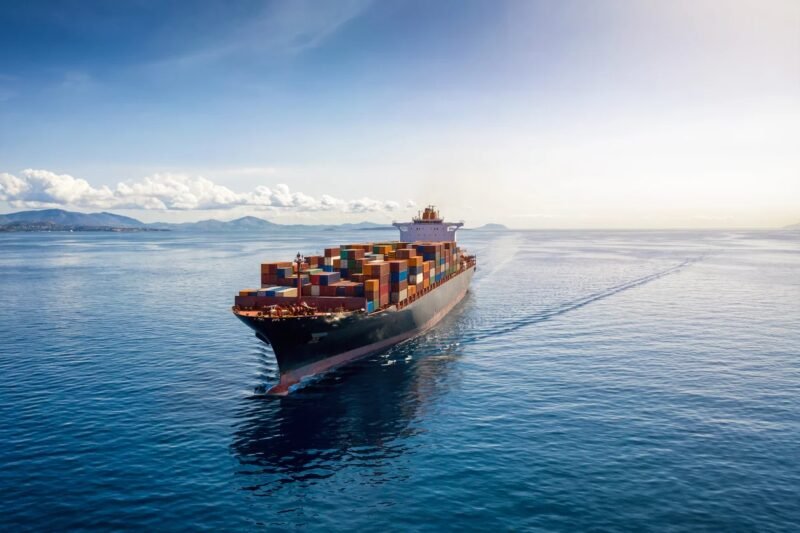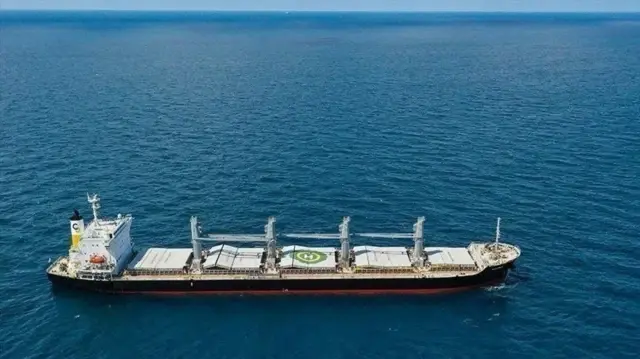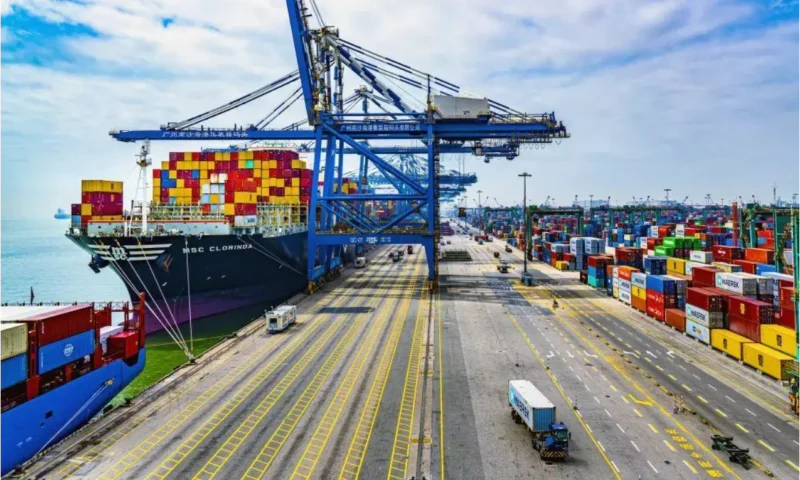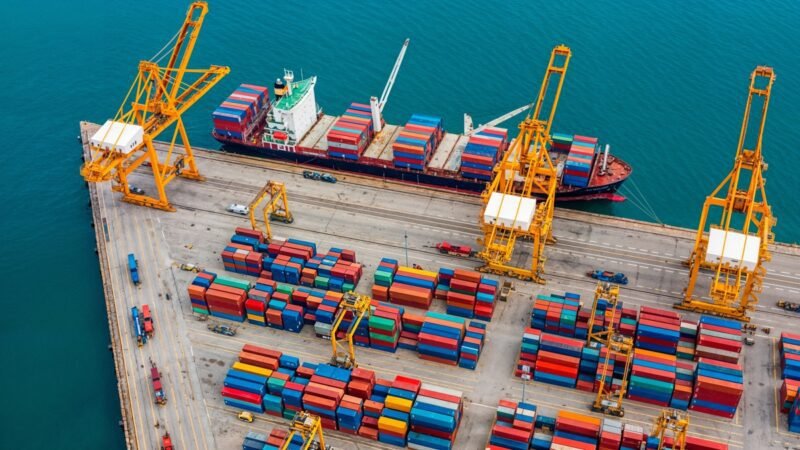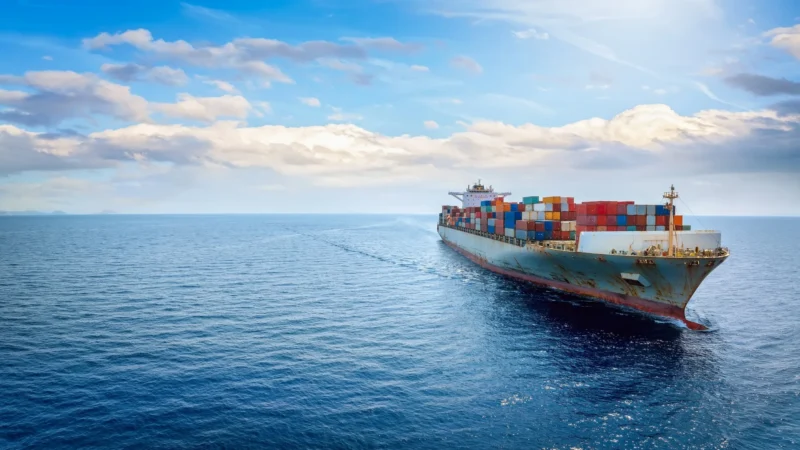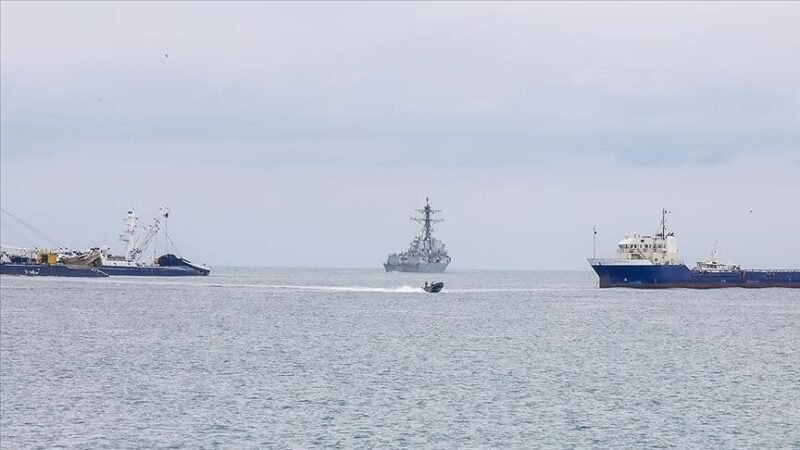As the maritime sector confronts pressure to reduce greenhouse gas emissions, alternative fuels like hydrogen, ammonia, and biofuels are gaining traction. At the Caribbean sustainable energy conference on June 2, experts, including Roger Strevens from Methanex and Dr. Tristan Smith from UCL, highlighted Trinidad and Tobago’s potential to leverage this shift in the global maritime industry.
Smith emphasized the need for a significant investment to transition towards zero-emission fuels by 2050, as mandated by the International Maritime Organization. He noted that the Caribbean, heavily reliant on cruise ships, must diversify its decarbonization strategies while aiming for a 60% reduction in average CO2 emissions by 2030.
Strevens described the industry’s transition as ambitious, requiring long-term planning akin to a ship’s operational lifespan of 25-30 years. Methanol was identified as a promising option for decarbonization due to its multiple production pathways and ease of storage. Additionally, Lydia Dindial from Paria Fuel Trading announced plans to introduce hydrogenated vegetable oil (HVO) for bunkering, with the first shipment expected in late July. Paria is also exploring methanol as a renewable fuel option, aiming to enhance regional trade in alternative fuels.
Share it now







